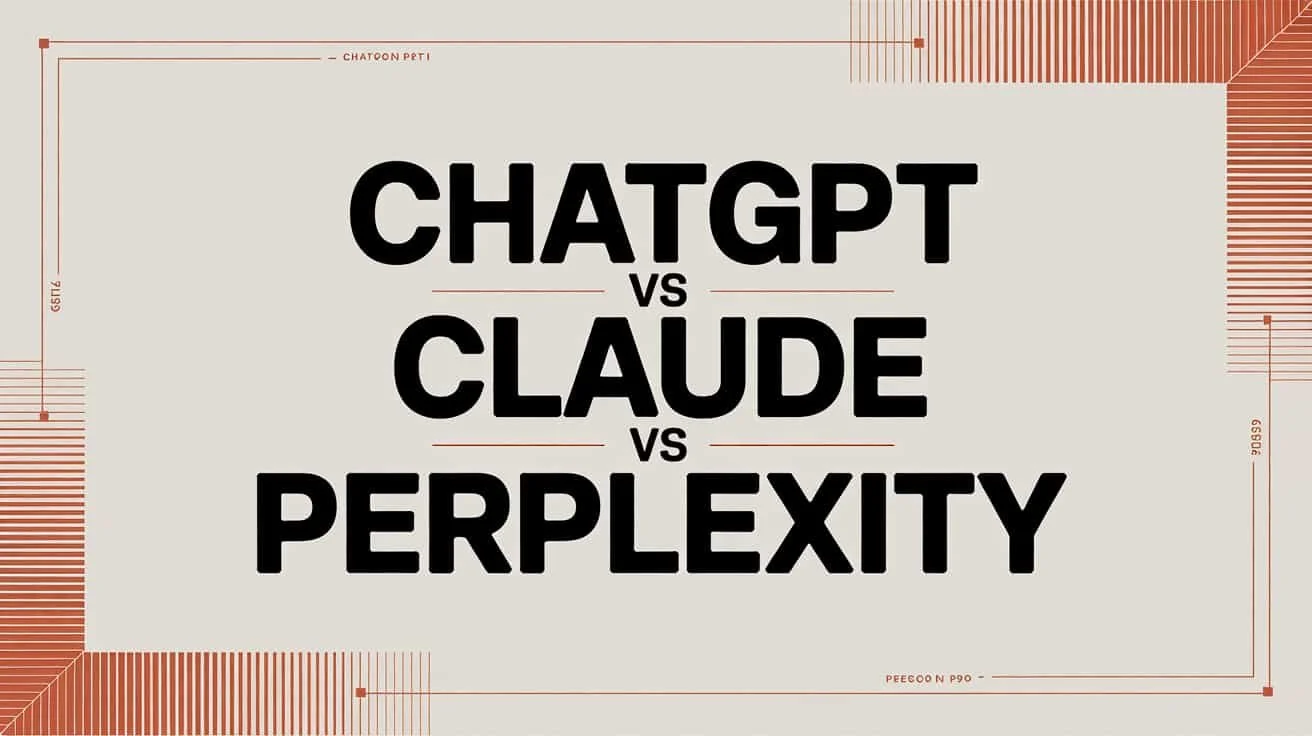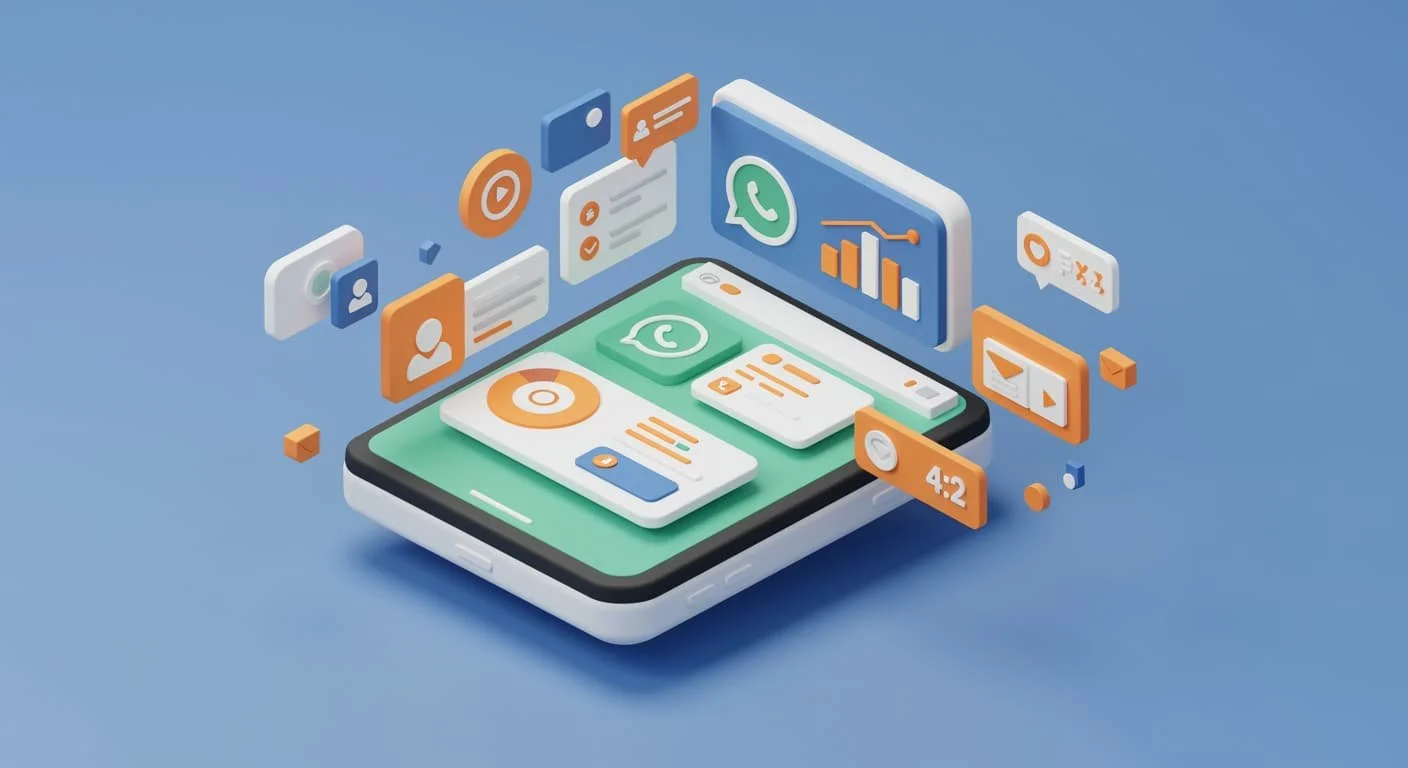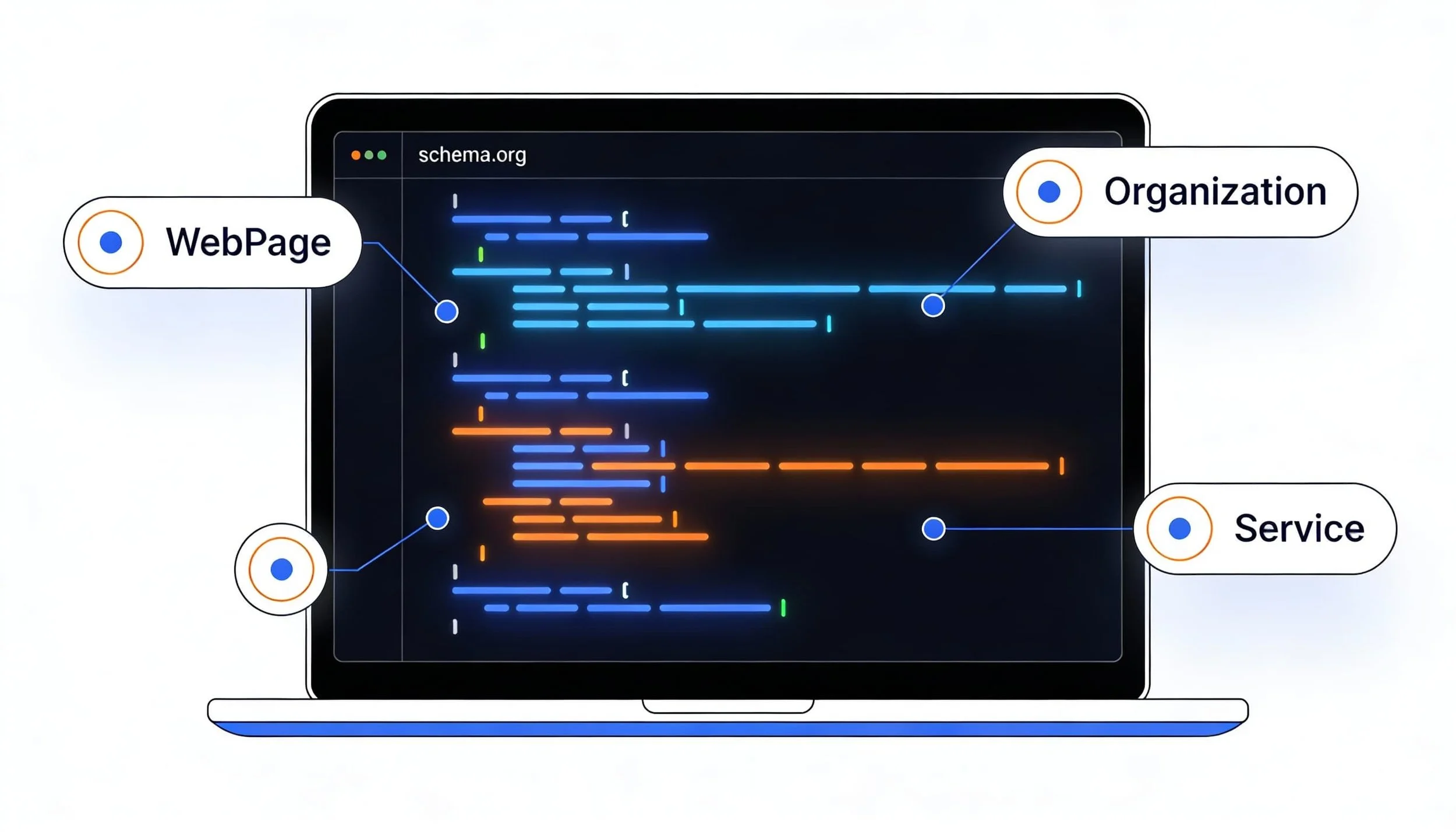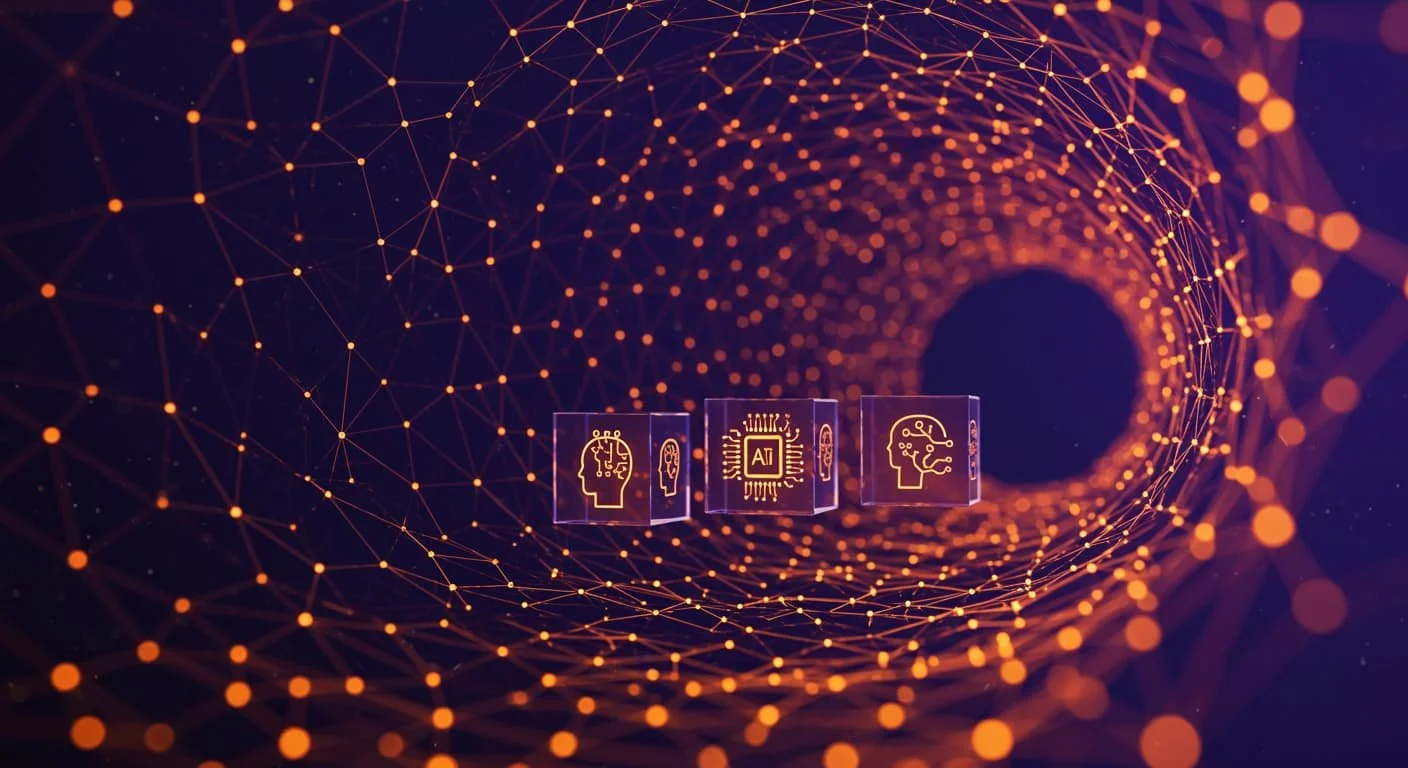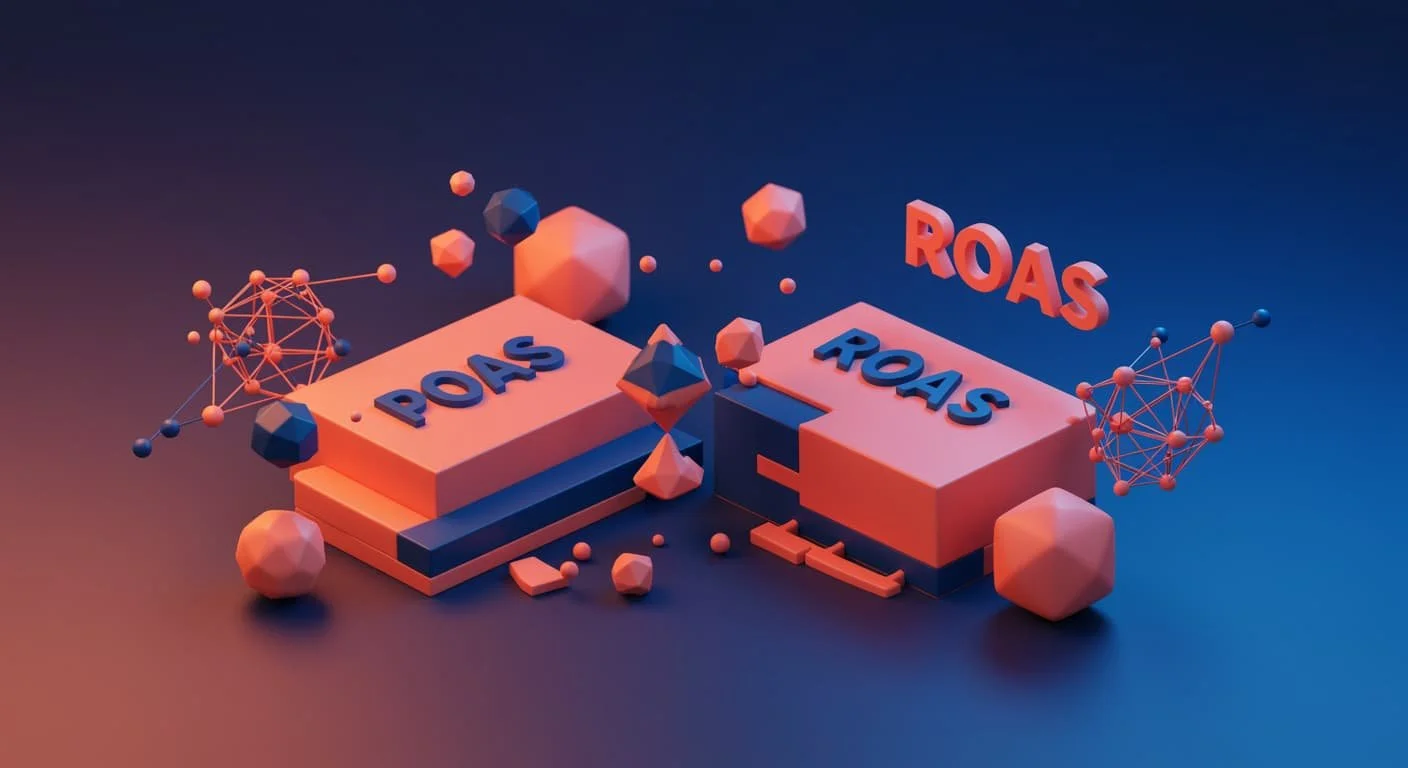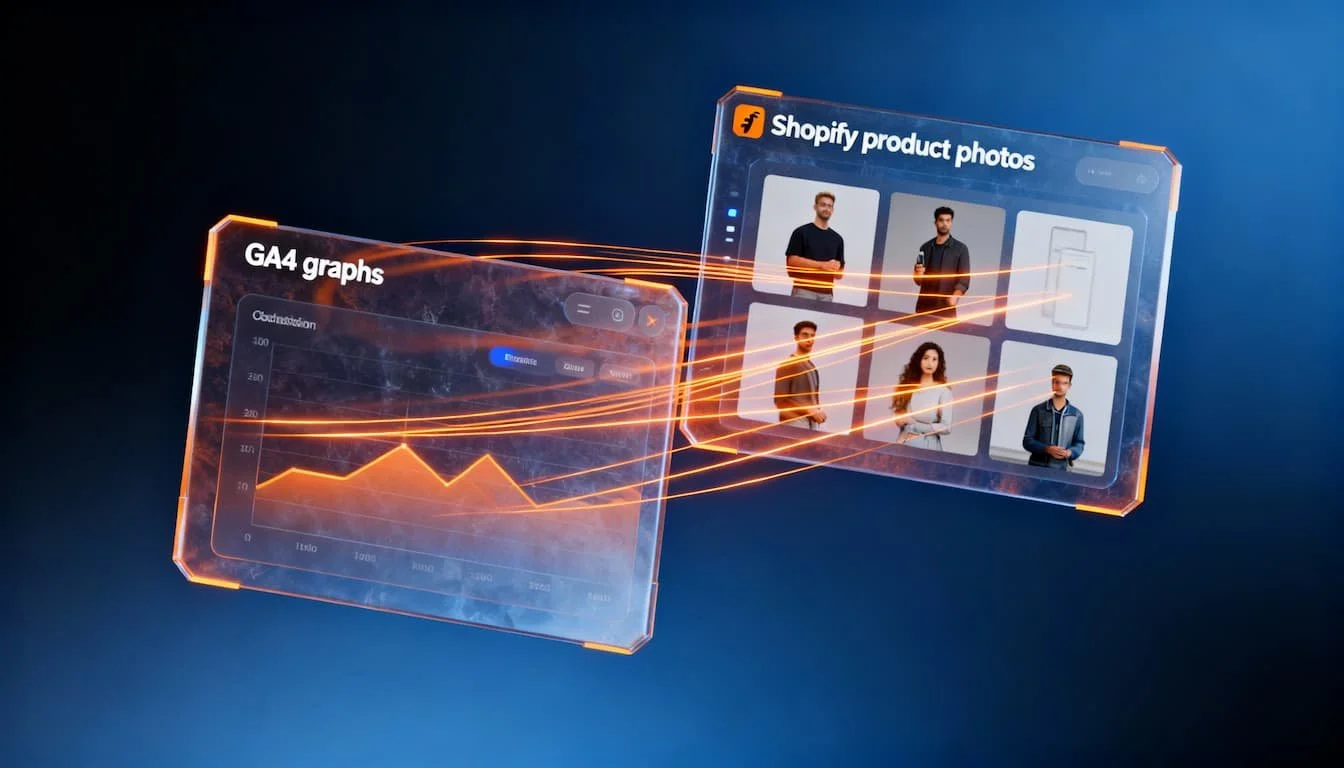ChatGPT vs Claude vs Perplexity: The AI Tool Comparison 2026
- ChatGPT: Best for creativity, brainstorming, and iterative work (€20-200/month)
- Claude: Excels in coding, long documents, and enterprise workflows (€20-80/month)
- Perplexity: Unbeatable for real-time research and current market data (€20-200/month)
- Smartest Strategy: Combine all three - each tool for its strengths
The AI revolution has now given us three powerful main players, each with their own strengths: OpenAI's ChatGPT, Anthropic's Claude, and Perplexity AI. With the launch of GPT-5 on August 7, 2026, the bar has been raised once again. Professionals can choose from models ranging from pure creativity to in-depth analysis and real-time research. But which one do you use for what? And which models perform best in your situation?
After months of testing and comparison, I've put the three tools side-by-side. From creativity to code writing, from research to content creation – you'll discover which AI assistant best suits your needs and how to leverage them for AI-driven marketing strategies.
The Three AI Tools at a Glance
ChatGPT remains the most well-known AI assistant, loved for its creativity and versatility. With the new GPT-5 and GPT-4o under the hood, OpenAI delivers consistent performance for brainstorming, writing, and programming. Perfect for AI-driven content creation and prompt engineering.
Anthropic's Claude stands out for its long memory capacity and secure output. Claude Sonnet 4 and Opus 4 combine speed with reliability, ideal for complex analyses and sensitive content. Excellent for AI automation and enterprise applications.
Perplexity positions itself as the search tool that provides answers instead of links. With real-time internet access, it offers up-to-date information with source citations - perfect for research and fact-checking in SEO projects and GEO strategies.
“Access to ChatGPT reduced the time employees needed for writing tasks by 40 percent, while the quality of their output increased by 18 percent”
Which Models Are Best in 2026?
ChatGPT Models - Complete Overview
Important update: GPT-4.5 was launched on February 27, 2025, and is OpenAI's largest and best model for general chat. It hallucinates less, follows instructions better, and feels more natural in conversations.
Claude models - the 2025 update
Claude 4 Breakthrough: In May 2025, Anthropic launched Claude Opus 4 and Sonnet 4 with hybrid reasoning – they can provide instant answers as well as engage in extensive deliberation. Opus 4 scores 72.5% on SWE-bench and can perform autonomous coding tasks for several hours.
Perplexity Models - Complete 2025 Overview
Pro Search Models:
Sonar - Perplexity's proprietary model (based on Llama 3.1 70B)
GPT-4.1 - OpenAI's most recent stable model
Claude 4.0 Sonnet - Anthropic's balanced model
Gemini 2.5 Pro - Google's multimodal flagship
Reasoning Search Models:
R1 - Perplexity's fine-tuned, uncensored model (US-hosted)
o3 / o3-Pro - OpenAI's reasoning models (o3-Pro for Perplexity Max users)
Claude 4.0 Sonnet Thinking - Hybrid reasoning mode
Claude 4.0 Opus Thinking - Premium reasoning (Perplexity Max users only)
DeepSeek-R1 - Post-trained reasoning model
Grok 3 Beta - xAI's advanced reasoning model
New in 2026: Sonar is 10x faster than Gemini 2.0 Flash thanks to Cerebras infrastructure and performs at the level of GPT-4o and Claude 3.5 Sonnet at a fraction of the cost.
“Tasks that used to require three or four days of experimentation now literally take one hour thanks to AI‑coding tools; that level of change is incredible”
Feature comparison: what can each tool do?
When do you use which tool? (2026 update)
Use ChatGPT for:
Creative and iterative projects ChatGPT-5 excels in brainstorming, content variations, and iterative work. The Canvas function makes it ideal for AI content creation where you develop content step by step. Perfect for video marketing trends and social media strategies.
“Perplexity positions itself as a real-time answer engine with reliable source attribution, making it particularly attractive to users who need verifiable information, such as researchers and executives”
Programming and rapid prototyping For fast code development, debugging, and technical documentation, ChatGPT outperforms competitors. Excellent for Shopify app development and AI-Shopify integrations.
Conversational AI and customer service ChatGPT's cross-conversation memory makes it perfect for lead generation automation and customer support flows.
Choose Claude for:
Enterprise workflows and long documents Claude's 200k context window and hybrid reasoning make it unbeatable for complex business analyses. Ideal for performance marketing strategies where large datasets need to be analyzed.
“Our results show that ChatGPT substantially increases productivity: the average time decreases by 40 percent and output quality increases by 18 percent”
Autonomous coding and refactoring Claude Opus 4 can independently execute complex coding projects for hours. Perfect for e-commerce optimization where you need to refactor complete webshop functions.
Compliance and sensitive content For legal documents, HR content, and medical texts, Claude offers the highest safety standards without hindering creativity.
Perplexity is perfect for:
Real-time market research and trends Perplexity Deep Research delivers current market data with source attribution in 2-4 minutes. Essential for SEO-AI combinations and local SEO in Belgium.
“The experiment shows that generative AI provides significant speed advantages for mid-level writing tasks, even when users need to take extra time for fact-checking and prompt formulation”
Financial data and e-commerce intelligence The new Finance features offer real-time stock prices, company data, and market analyses. Perfect for e-commerce trends analysis and B2B research.
SEO content research and fact-checking Perplexity's real-time web access makes it indispensable for structured data implementation and current voice search optimization.
Pros and cons per platform
ChatGPT
Advantages:
GPT-5 offers the best overall performance for creative and technical tasks
Extensive Canvas feature for iterative work
Cross-conversation memory for personal assistance
Large community and many online resources
Disadvantages:
Knowledge cutoff March 2025 limits timeliness
GPT-5 only available for Plus users (€23/month)
Can sometimes give overconfident answers without citing sources
Premium features require expensive subscriptions
Claude
Advantages:
Longest context window (200k tokens) for complex documents
Hybrid reasoning with instant and extensive thinking modes
Highest safety standards and ethical output
Claude Opus 4 is the world's best coding model (72.5% SWE-bench)
Disadvantages:
Sometimes too cautious, refuses legitimate questions
Limited internet access reduces timeliness
Opus 4 context window smaller than Sonnet 4 (32k vs 64k output)
Higher costs for API usage
Perplexity
Advantages:
Real-time access to current information with automatic source attribution
Deep Research can complete complex analyses in minutes
Sonar models specifically optimized for search
Perplexity Assistant for multi-app integration
Disadvantages:
Less suitable for purely creative tasks
Limited conversational memory between sessions
Legal issues surrounding content scraping and copyright
Dependent on search result quality
Pricing and subscription comparison 2026
New in 2025: ChatGPT Pro for €200/month offers unlimited access to GPT-4.5, o3-Pro, and all premium features. Claude Max (€80/month) provides access to Opus 4 thinking mode.
“Chatbots like ChatGPT can take over a significant portion of repetitive writing and analysis tasks, giving knowledge workers more time for complex and creative activities”
Use case matrix: which tool for which task?
For marketing teams:
Campaign Ideation: ChatGPT 5 for creative concepts and advertising strategies
Market Research: Perplexity Deep Research for current e-commerce trends
Content Compliance: Claude Sonnet 4 for sensitive copy and online advertisements
AI Marketing Automation: Combination of all three for complete workflows
Performance marketing: Claude for data analysis, ChatGPT for creative content, Perplexity for trends
For developers and technicians:
Complex coding: Claude Opus 4 for autonomous Shopify development
Quick fixes: ChatGPT Canvas for iterative debugging and Shopify SEO
Tech research: Perplexity for new frameworks and top AI tools
Code review: Claude Sonnet 4 for quality control and security audits
AI copywriting integration: All three tools for different content types
For consultants and agencies:
Document analysis: Claude Opus 4 for long reports and CRO analyses
Presentations: ChatGPT 5 for storylines and creative concepts
Market data: Perplexity for current figures and LinkedIn B2B strategies
Client research: Combination for complete due diligence
Digital expertise: Multi-tool approach for competitive advantage
Practical integration tips
The 3-tool strategy for professionals:
ChatGPT as a primary creative partner and coding assistant
Claude for analytical tasks and long documents
Perplexity as a research engine for current information
Workflow example:
Start research with Perplexity Deep Research for current data
Analyze findings with Claude Opus 4 for in-depth insights
Generate creative output with ChatGPT 5 for presentations
For e-commerce optimization, use this combination to analyze market trends, process competitor data, and develop optimization strategies. Claude analyzes your complete Shopify platform, ChatGPT generates creative assets, and Perplexity gathers current market data for mobile optimization and sustainable e-commerce strategies.
The future: 2026 developments
Anthropic innovations:
Claude 5 is expected with expanded context windows
Improved tool integration and autonomous agents
Enterprise features for large-scale deployment
Perplexity growth:
Expansion to 1 billion queries per month
Improved AI models and faster search
Enterprise solutions for business research
Expert insights: how leading companies utilize AI
“Generative AI compresses the productivity distribution by helping weaker writers relatively more, thereby reducing inequality among employees”
For AI audits in SMEs, you often see companies starting with one tool and gradually expanding to a multi-platform approach. AI agents for marketing are becoming increasingly popular for automating routine tasks, while advanced prompt engineering and the RACE model help achieve better results from all three platforms.
AI Browsers: The Next Big Development
Perplexity browser ambitions:
Perplexity Browser in development - a search experience that directly integrates AI answers
Native search integration without relying on traditional search engines
Real-time fact-checking while browsing
OpenAI browser plans:
ChatGPT Browser rumored for late 2025
Integrated AI assistance on every webpage
Smart summarization of articles and content while reading
Claude web integration:
Browser extensions with document analysis capabilities
Privacy-first browsing with local AI processing where possible
Enterprise browser tools for secure business use
Arc browser collaboration:
Various AI tools already integrate with Arc Browser
AI-powered tab management and automatic organization
Smart bookmarking with AI-generated tags
Impact for professionals: These AI browsers can revolutionize the online work process. Instead of switching between different AI tools, you get directly integrated assistance while browsing. For SEO professionals, this also means new optimization opportunities for AI-native browsing experiences.
🔍 Do you also want to include Gemini 3 Pro?
In this article, we primarily compared ChatGPT, Claude, and Perplexity. If you also work with Google Workspace or are considering Gemini 3 Pro for your AI stack, then the full comparison with all four models will be more interesting.
View the latest AI tools comparison
In that overview, you'll see Gemini 3 Pro, ChatGPT 5.1, Claude Sonnet 4.5, and Perplexity side-by-side, with concrete scenarios for SMEs and e-commerce.
Conclusion: the right tool for the right job
There is no absolute winner in the AI battle of 2026. The best strategy is a hybrid approach where you use each tool for its strengths.
My recommendation for professionals:
ChatGPT 5 as your primary AI assistant for creative work and general productivity
Claude Opus 4 for complex analyses, coding, and sensitive content
Perplexity Deep Research as your research tool for up-to-date information
The winning formula for 2026: Combine all three tools and learn when to deploy each. Start with free accounts, test them in your workflow for a week, and only upgrade the tools that add real value. The investment of €60-500 per month for premium subscriptions can pay for itself within weeks through time savings and quality improvement.
The AI revolution isn't about finding the perfect tool, but about intelligently deploying the right technology at the right time. For companies looking to implement AI, it's essential to first identify the use cases before investing in tools. For example, Zero-click SEO and SEO-SEA integration require different AI approaches.
Ready to strategically deploy AI for your business? Discover our AI-for-growth services and learn how to use AI for measurable results. Or start with a free AI audit to find out which tools best suit your organization.

🚀 More leads, higher conversion, better ROI
This article provided you with insights. Now it's time for action. Whether you want to build a profitable webshop, generate more revenue from performance marketing or SEO, or grow with AI marketing – we provide concrete support to help you move forward.
💬 Discuss your challenge directly with Frederiek: Schedule a free strategy call or send us a message
📧 Prefer to email? Send your question to frederiek@clickforest.com or call +32 473 84 66 27
Strategy without action remains theory. Let's take your next step together.
Frequently asked questions about ChatGPT, Perplexity & Claude
-
ChatGPT still offers the best balance of ease of use and functionality for new AI users. The interface is intuitive, many tutorials are available, and GPT-4o is freely accessible with daily limits.
-
Yes, each platform offers free access with limitations. ChatGPT provides access to GPT-4o mini, Claude to Sonnet 3.7 (limited), and Perplexity to basic search functions plus a few Deep Research queries per day.
-
Claude has the strictest security protocols, followed by ChatGPT Enterprise and Perplexity Pro. For sensitive business data, always avoid free versions and opt for enterprise subscriptions.
-
For general tasks and creativity, GPT-5 excels. Claude Opus 4 is superior for coding and long-term autonomous tasks. Perplexity wins for research with current data. The "best" tool depends on your specific use case.
-
OpenAI updates ChatGPT most frequently (monthly), followed by Perplexity (weekly for search features), and Anthropic (quarterly for major model updates).
-
No, each tool has unique strengths. ChatGPT for creativity, Claude for autonomous analysis, Perplexity for real-time research. Professional users are increasingly combining all three tools.
-
GPT-5 for iterative development and debugging with Canvas. Claude Opus 4 for autonomous coding projects and complex refactoring. For Shopify development, it depends on the project complexity.
-
Perplexity scores 93.9% on factuality benchmarks, but always verify important business data with multiple sources. It is excellent for initial research, but not for final decision-making without verification.
-
OpenAI's API is the most mature with extensive documentation. Claude's API is growing rapidly with better reasoning features. Perplexity's Sonar API is unique for search integration. For marketing automation, all three offer different advantages.
-
No, all three platforms require an internet connection. For offline AI, there are local models like Llama, but with more limited capabilities than these cloud-based tools.
Sources and references
GPT‑5 and OpenAI
OpenAI: Introducing GPT‑5 - https://openai.com/index/introducing-gpt-5
TechCrunch: OpenAI’s GPT‑5 is here - https://techcrunch.com/2025/08/07/openais-gpt-5-is-here
Claude 4 / Opus (Anthropic)
Anthropic: Introducing Claude 4 - https://www.anthropic.com/news/claude-4
Anthropic: Claude Opus 4.1 – our best coding model yet - https://www.anthropic.com/news/claude-opus-4-1
Perplexity Deep Research and Models
Perplexity AI: Introducing Perplexity Deep Research - https://www.perplexity.ai/hub/blog/introducing-perplexity-deep-research
Perplexity AI: Introducing Sonar – our Llama 3.1‑based model for search - https://www.perplexity.ai/hub/blog/meet-new-sonar
Entrepreneur: Perplexity CEO: AI coding tools transformed the way we work - https://www.entrepreneur.com/business-news/perplexity-ceo-ai-coding-tools-transformed-the-way-we-work/494663
Productivity and Generative AI
MIT News: Study finds ChatGPT boosts worker productivity for some writing tasks - https://news.mit.edu/2023/study-finds-chatgpt-boosts-worker-productivity-writing-0714
CEPR: The productivity effects of generative artificial intelligence - https://cepr.org/voxeu/columns/productivity-effects-generative-artificial-intelligence
Comprehensive analyses of AI tools
Wired: OpenAI finally launched GPT‑5. Here’s everything you need to know - https://www.wired.com/story/openais-gpt-5-is-here
PYMNTS: Perplexity AI gains traction by understanding business needs - https://www.pymnts.com/artificial-intelligence-2/2025/perplexity-ai-gains-traction-by-understanding-business-needs

